Every year, commercial fires in the U.S. cause millions of dollars of damage to retail stores, restaurants, big box stores, grocery stores, distribution centers, and other types of businesses. That’s why, as a business owner or manager, it is your responsibility to keep customers and employees safe from fire with the proper commercial fire alarm systems in each facility, as well as performing the required inspections, maintenance, and repair on those alarm systems.
So how do you know which types of fire alarm systems and their components will work best for your business? There are two basic types of fire alarms:
- Conventional Fire Alarm Systems
- Addressable Fire Alarm Systems
To answer these and other questions, read our Expert’s Guide to Commercial Fire Alarms, and be sure to engage with experienced fire alarm system companies that can manage all your nationwide fire alarm and life safety systems so you don’t have to handle the complex process on your own.
According FEMA, in 2018 alone, there were 103,600 nonresidential fires that caused $2,656,600,000 in losses, and accounted for over 1000 injuries and 85 deaths.
What is a Commercial Fire Alarm System & Its Components?
Commercial fire alarm systems are made up of the fire alarms themselves, all the components that make the alarm work, those that feed into the alarm, and those that are set-off by the alarm (fire sprinklers, evacuation systems, emergency lights, etc.).
Often mistakenly associated with fire detection alone, alarm systems are actually a comprehensive life safety solution engineered to detect and alert people to many different life-threatening and property-damaging hazards besides fire, from carbon monoxide poisoning and leaky pipes to severe weather and active shooters (NFPA 3000).
Therefore, your alarm system should include many components like carbon monoxide (CO) detectors, smoke detectors, water sensor alarms, temperature sensors, and the following:
- A control panel that monitors input and system integrity, controls output, and sends information.
- Automatic sensors, manual pull-stations, and other initiating devices for heat, smoke, flames, CO2, etc.
- Fire alarm monitors that rule out a false alarm and instantly transmit the emergency to first responders.
- Notification devices that alert building occupants, i.e., sirens, speakers, flashing lights.
- Building safety systems such as exit lighting, emergency signage, fire doors, ventilation systems.
- Fire control units, such as fire sprinklers that extinguish fire with water and fire suppression systems that use non-water agents.
Depending on your occupancy class and local codes, your big box store or distribution center may also use a voice evacuation system to calmly guide occupants out of the building. Recordings can be made for other life safety situations besides fire – a gas leak, severe weather, or an active shooter.
Commercial Fire Alarm System & Life Safety Components
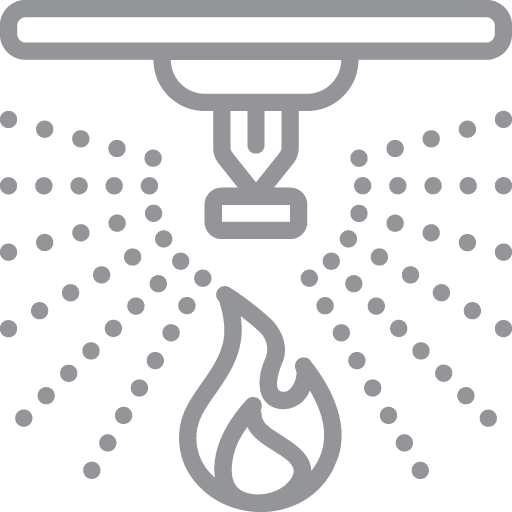
Fire Sprinkler & Suppression Systems
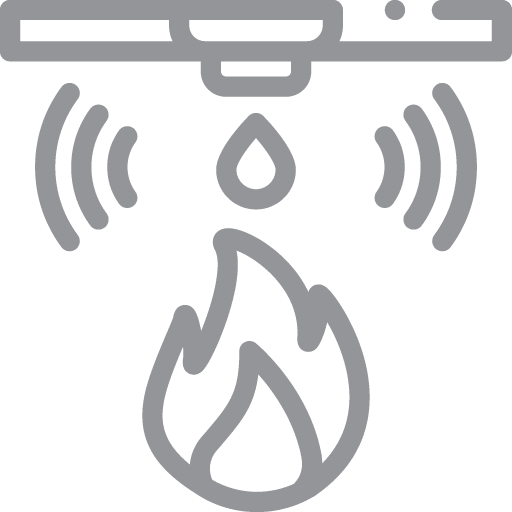
Smoke & CO2 Detectors

Emergency Lighting & Signage
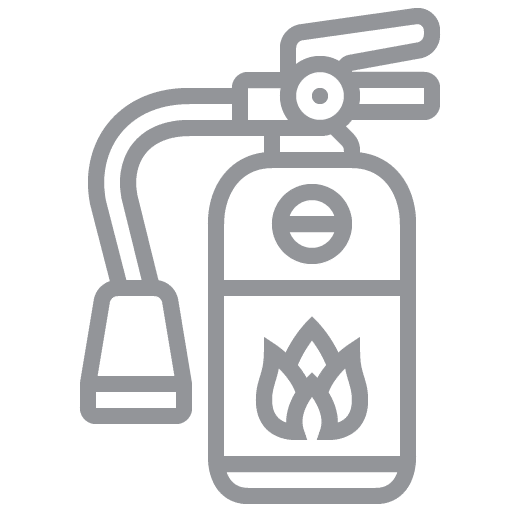
Fire Extinguishers

Kitchen Hood Suppression Systems

Alarm Systems

Fire Doors & Ventilation Systems

Backflow Preventers
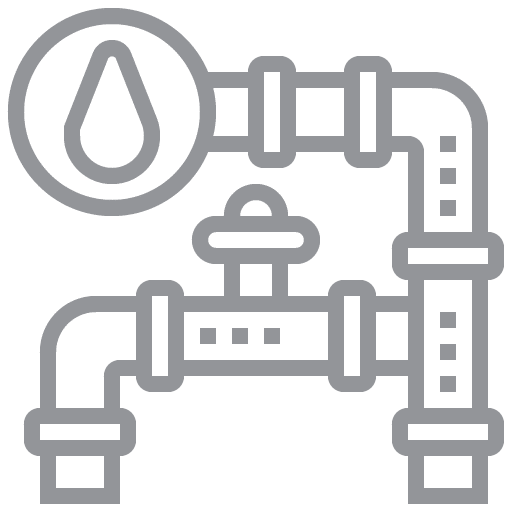
Water Systems

Special Hazards
Two Primary Types of Fire Alarm Systems
Commercial fire alarms and their life safety components are required for fire detection, signaling, and emergency communication demands by the National Fire Protection Association (NFPA 72) and your local Authorities Having Jurisdiction (AHJ). However, there is not a one-size-fits-all solution. There are different types of fire alarm systems based on your business.
Depending on many factors, including your occupancy classification, NFPA 72 and your local AHJ will dictate which type of comprehensive fire alarm system your retail or big box store, grocery store, restaurant, or distribution or warehouse facility is required to use. There are two primary types of commercial fire alarm systems to choose from – conventional and addressable.

Conventional Fire Alarm Systems
Conventional fire alarm systems have been around for ages. They use analog signals to link initiating devices to the control panel, each with its own wire, and signals are set up in zones. When a pull station is triggered, the system identifies the general area of the trigger zone, which helps the fire department know the general area of the fire once inside the building. This type of system is commonly seen in older buildings with several floors, such as department stores, or single-story businesses where fewer zones are needed.
Conventional systems are reliable, cost-effective, and affordable. The only downside is the tendency toward false alarms, which is inconvenient and can add up to costly fire department fines.
Addressable Fire Alarm Systems
Addressable fire alarm systems are digital. Each device has its own “address,” which allows the fire department to identify the exact location of the triggered device. All devices are connected on one wire in an isolation module looped to the control panel, which means the alarm will still work if it becomes disconnected or damaged.
Addressable fire alarm systems are more customizable, offer additional features, and work well in larger buildings and complexes, such as big box stores, wholesale clubs, distribution warehouses, and multi-site campuses. They are less prone to false alarms, but they do have a higher price-point than conventional systems.
When looking at a new fire alarm system, it is wise to look beyond the initial costs and consider what is best for your occupants’ safety, as well as the lifetime value of the system. A deeper look into the main differentiators between the types of fire alarm systems, knowing your AHJ codes, and consulting with a professional fire protection company to assist in your decision will make for a smooth process with the best life-preserving outcome.
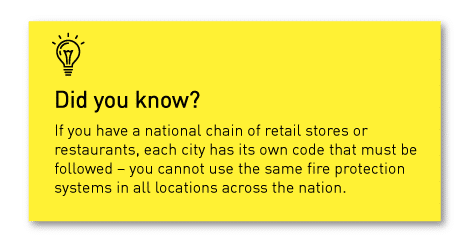
What Type of Fire Alarm System Does My Business Need?
No matter which type or combination of fire alarm systems you have or need in your building, when a life-threatening issue like fire is detected, your system must simultaneously alert occupants to evacuate, send information to the monitoring company, dispatch emergency responders, and activate fire sprinklers or other extinguishing systems. This entire process should happen in mere seconds.
Do you know if the fire alarm system in each of your nationwide or regional facilities is able to do all of this, or if the system you’re considering will fit your business’s needs and meet local codes?
The only way to truly know the best commercial fire alarm system is to work with an experienced company like AIE that has been designing, inspecting, repairing, and maintaining fire protection systems for decades. Our team of licensed engineers and technicians specialize in code-compliance and have solid, long-standing national and regional AHJ relationships, both in systems and code issues. We consistently work to be one of the top commercial fire alarm companies for customer service, availability, safety, and reliability.
Fire alarm systems must meet federal, state, and local regulations specific to your business – restaurant fire alarm requirements are quite different from retail store requirements, as are commercial fire alarms for single-story buildings versus those with several stories.
National, Commercial Fire Alarm Services and Life-Safety Solutions
Having the correct fire alarm system and life safety solutions is the first step in protecting your building’s occupants. Making sure those systems are regularly inspected and maintained is critical to saving lives and protecting your business.
Whether you have moved into an existing building that needs an updated fire alarm system for your occupancy classification, you have an old life safety system that simply needs a redesign, or you’re designing a new building, AIE’s commercial fire alarm services are here for you.
No matter where you are in the nation, our team will work closely to help you understand the fire protection design process. We can engineer a customizable fire alarm and life safety solution specific to your retail store, big box store, wholesale club, grocery store, distribution center, or multi-site facility, and perform inspections and repairs as needed. Fire alarm monitoring services are also something you can explore.
If you’re exploring commercial fire alarm companies, contact us today for a no-obligation conversation about how we can work together to review the optimal types of commercial fire protection for your business. Work with only the best fire alarm companies, call 800-892-9863.
Information posted in our blog is merely for educational and informational purposes. While the information has been verified to the best of our abilities, we cannot guarantee its total accuracy, and it should not be considered legally binding advice. This blog is not intended as a substitute for professional advice, and should you decide to act upon the information, you do so at your own risk.
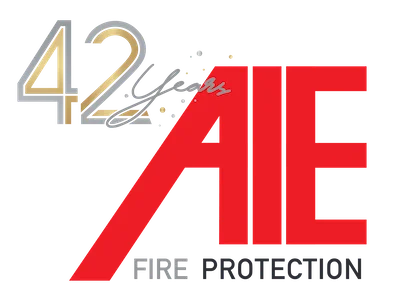
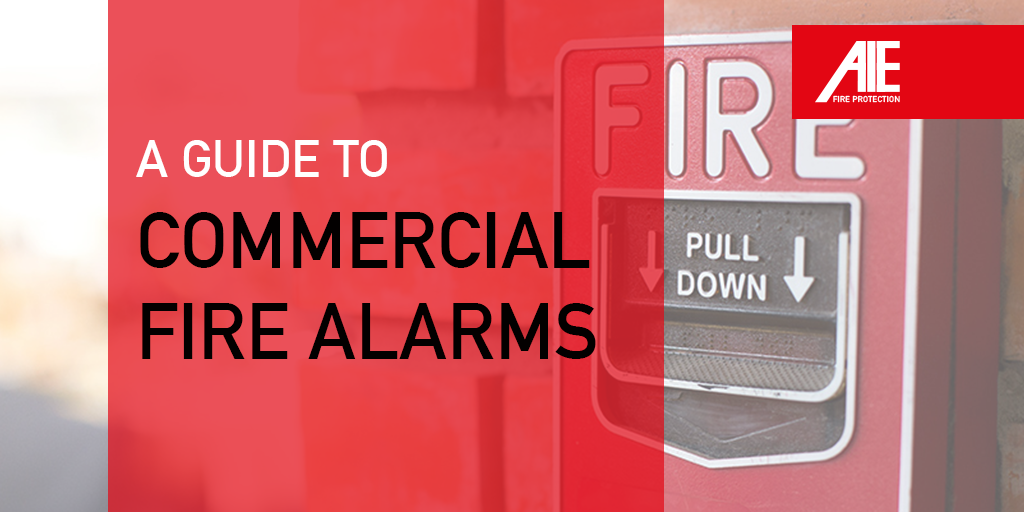
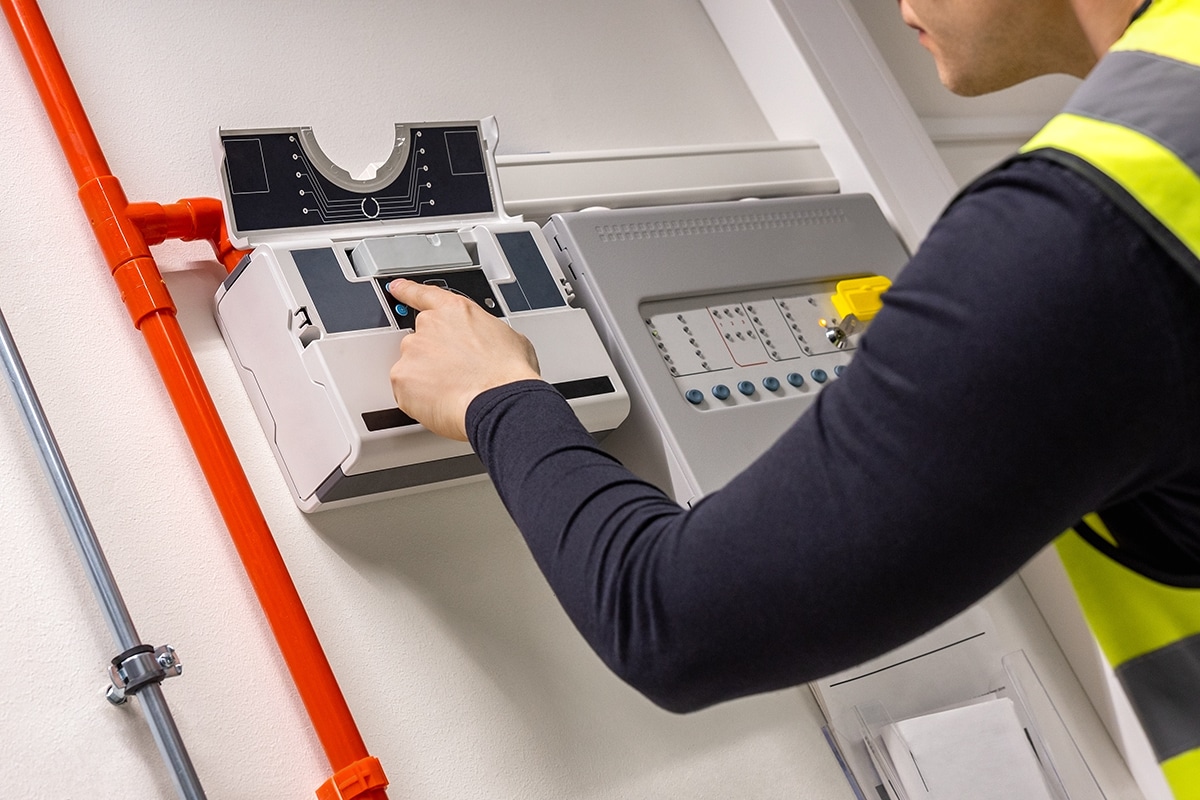
Recent Comments